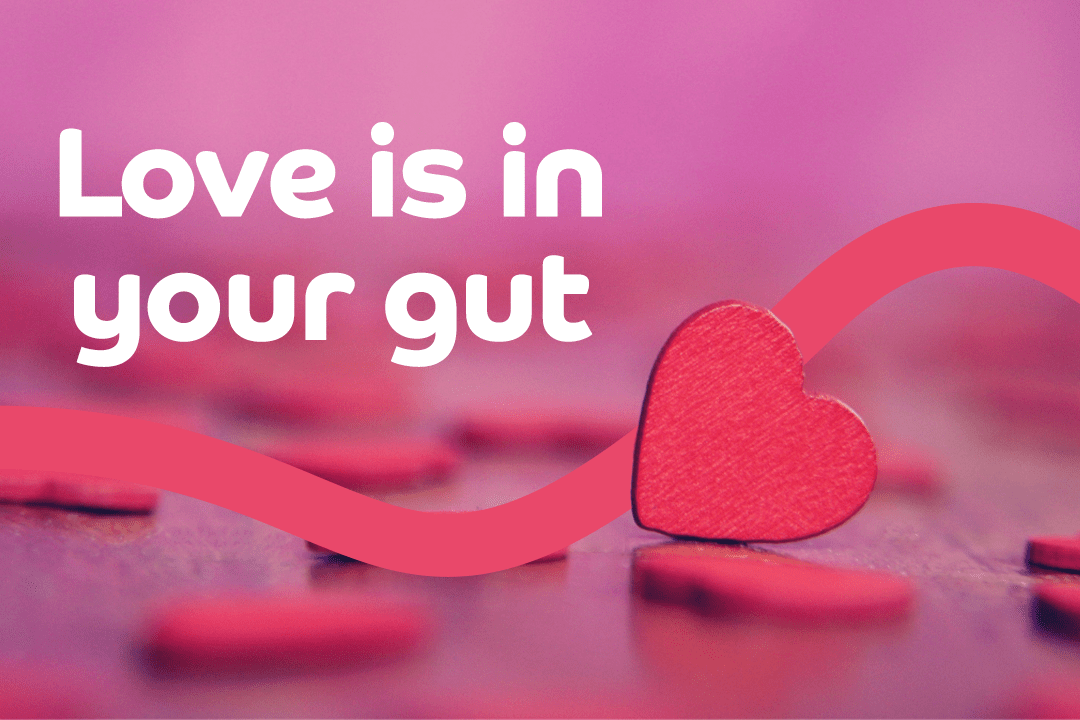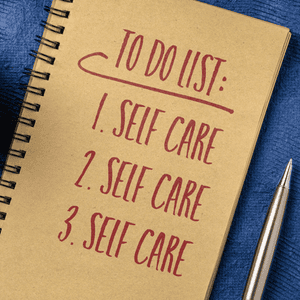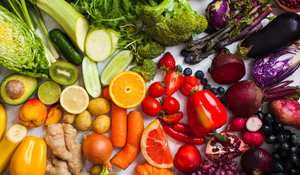
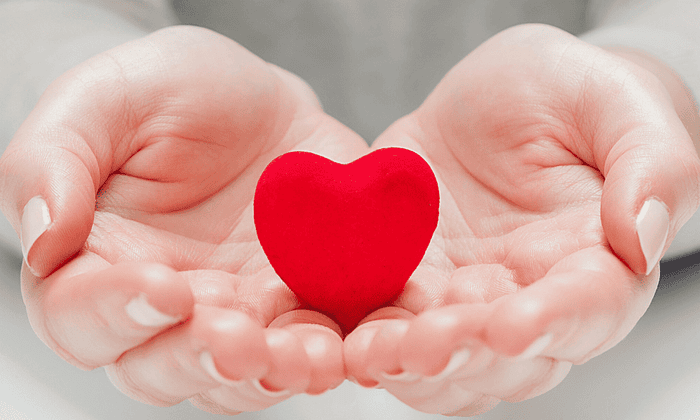
Serotonin, often dubbed the ‘happy’ hormone, is one which we might just think of being only made in our brain when actually 95% of our overall serotonin is produced and managed by our gut microbiome. Dopamine, which is often associated with ‘pleasure’ is also similarly produced in our gut, up to 50% in fact, but is also the hormone that is produced when we are attracted to someone initially. This is why falling in love can be equated to having a natural high. Maintaining healthy amounts of both serotonin and dopamine is therefore part of how we form relationships, and this fundamentally relies on giving love back to our gut.
The third in this ‘menage-a-trois’ of chemicals is oxytocin, the so-called ‘love hormone’. This is also heightened when we fall in love and is implicated in the act of reproduction as well as closely related to bonding and connection. Oxytocin is produced by the hypothalamus in the brain and secreted in the pituitary gland, but it is also highly correlated with our gut microbiome.
Hormones aside there is also even data to show that the composition of our microbiome might make us more or attractive to a potential suitor. Our microbiome may be more attuned than us it seems to finding the perfect partner. Like a ‘biological’ dating app!

So, what can we do to give our gut some more love? Here’s some of Eve’s top five tips…
- Make a dinner date with our microbiome and include plenty of fibre and colourful plants on our plate as this helps to nourish our gut microbes so they can produce all of those neurotransmitter chemicals above as well as a myriad of other positive substances.
- Enrich your diet with prebiotic foods or supplements. Prebiotics are like a love bomb for our gut as they help to feed the beneficial microbes that live there, so add in onions, leeks, asparagus, oats and potentially a scientifically proven supplement like Bimuno to your diet.
- Self-abdominal massage can really help to soothe the gut and there are plenty of online tutorials for this. Make sure to work in an anti-clockwise direction.
- Feel the love with ferments such as sauerkraut, kimchi, miso, live yogurt and kefir which naturally contain an abundance of beneficial microbes that can have a supportive role for our gut health.
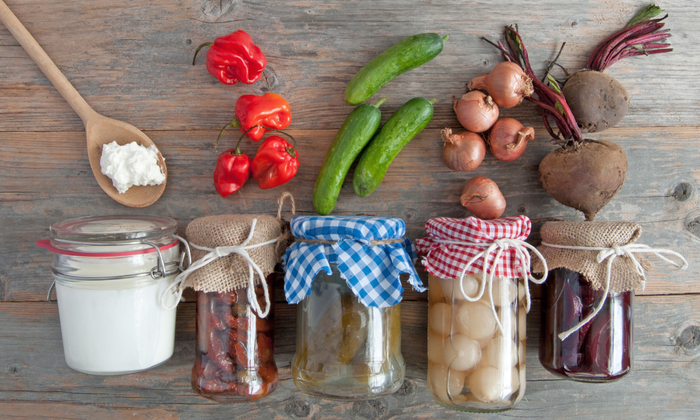
- Positive affirmations are just as important for our gut as our mind as this helps us to reduce stress which can impact on the health of our microbiome. Gratitude lists can be useful for some people or just writing down some statements that feel like they resonate, and you can repeat on a daily basis can help to strengthen positive thought patterns.
Cryan, J.F. et al (2019) ‘The Microbiota-Gut-Brain Axis’ Physiol Rev. Oct 1;99(4):1877-2013. doi: 10.1152/physrev.00018.2018. (Online) Available at https://pubmed.ncbi.nlm.nih.gov/31460832/
Yano, J.M. et al (2015) ‘Indigenous bacteria from the gut microbiota regulate host serotonin biosynthesis’ Cell Apr 9;161(2):264-76. doi: 10.1016/j.cell.2015.02.047. (Online) Available at https://pubmed.ncbi.nlm.nih.gov/25860609/
Mittal, R. et al (2017) ‘Neurotransmitters: The Critical Modulators Regulating Gut-Brain Axis’ J Cell Physiol Sep;232(9):2359-2372. doi: 10.1002/jcp.25518. Epub 2017 Apr 10. (Online). Available at https://pubmed.ncbi.nlm.nih.gov/27512962/
Leeuwendaal NK, Stanton C, O’Toole PW, Beresford TP (2022) ‘Fermented Foods, Health and the Gut Microbiome’ Nutrients. 2022 Apr 6;14(7):1527. doi: 10.3390/nu14071527. (Online). Available at https://pubmed.ncbi.nlm.nih.gov/35406140/
Househam, AM, Peterson CT, Mills PJ, Chopra D. (2017) ‘The Effects of Stress and Meditation on the Immune System, Human Microbiota, and Epigenetics’ Adv Mind Body Med. 2017;31(4):10-25. (Online). Available at https://pubmed.ncbi.nlm.nih.gov/29306937/
Erdman, SE (2021) ‘Oxytocin and the microbiome’ Current Opinion in Endocrine and Metabolic Research Volume 19, August 2021, p8-14 Available at https://doi.org/10.1016/j.coemr.2021.04.006
Stabb, EV (2018) ‘Could positive feedback feedback enable bacterial pheromone signalling to coordinate behaviours in response to heterogenous environmental cues?’ mBio 2018 May 15;9(3):e00098-18. doi: 10.1128/mBio.00098-18 (Online). Available at https://pubmed.ncbi.nlm.nih.gov/29764942/
Kort, R et al (2014) ‘Shaping the oral microbiota through intimate kissing’ Microbiome. 2014 Nov 17;2:41. doi: 10.1186/2049-2618-2-41. eCollection 2014. (Online). Available at https://pubmed.ncbi.nlm.nih.gov/25408893/

